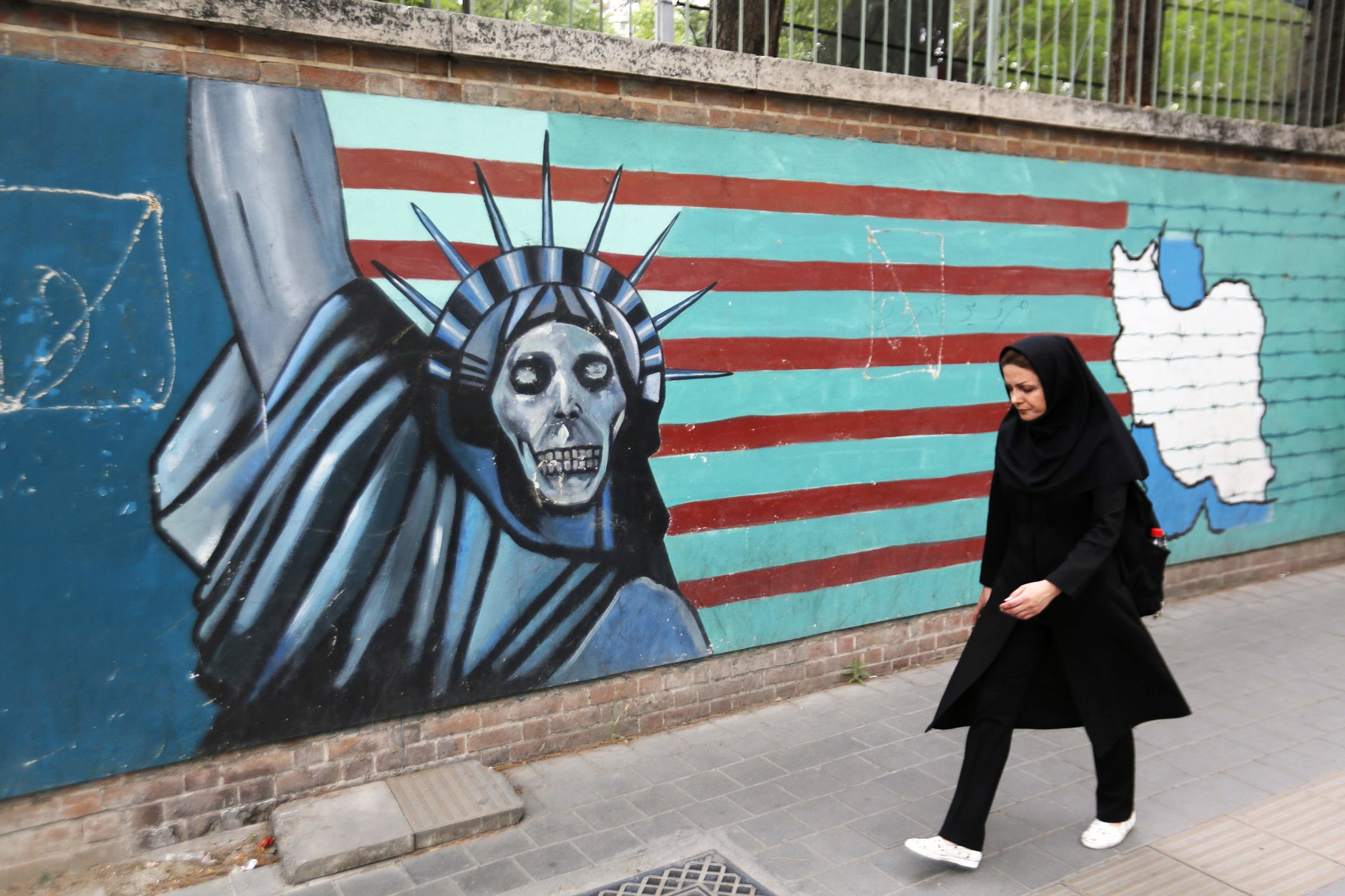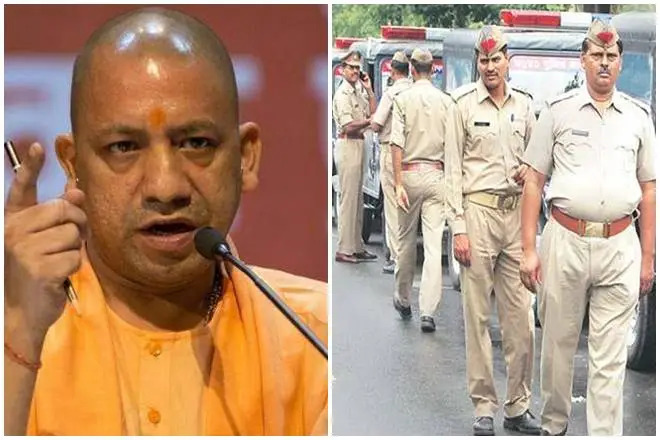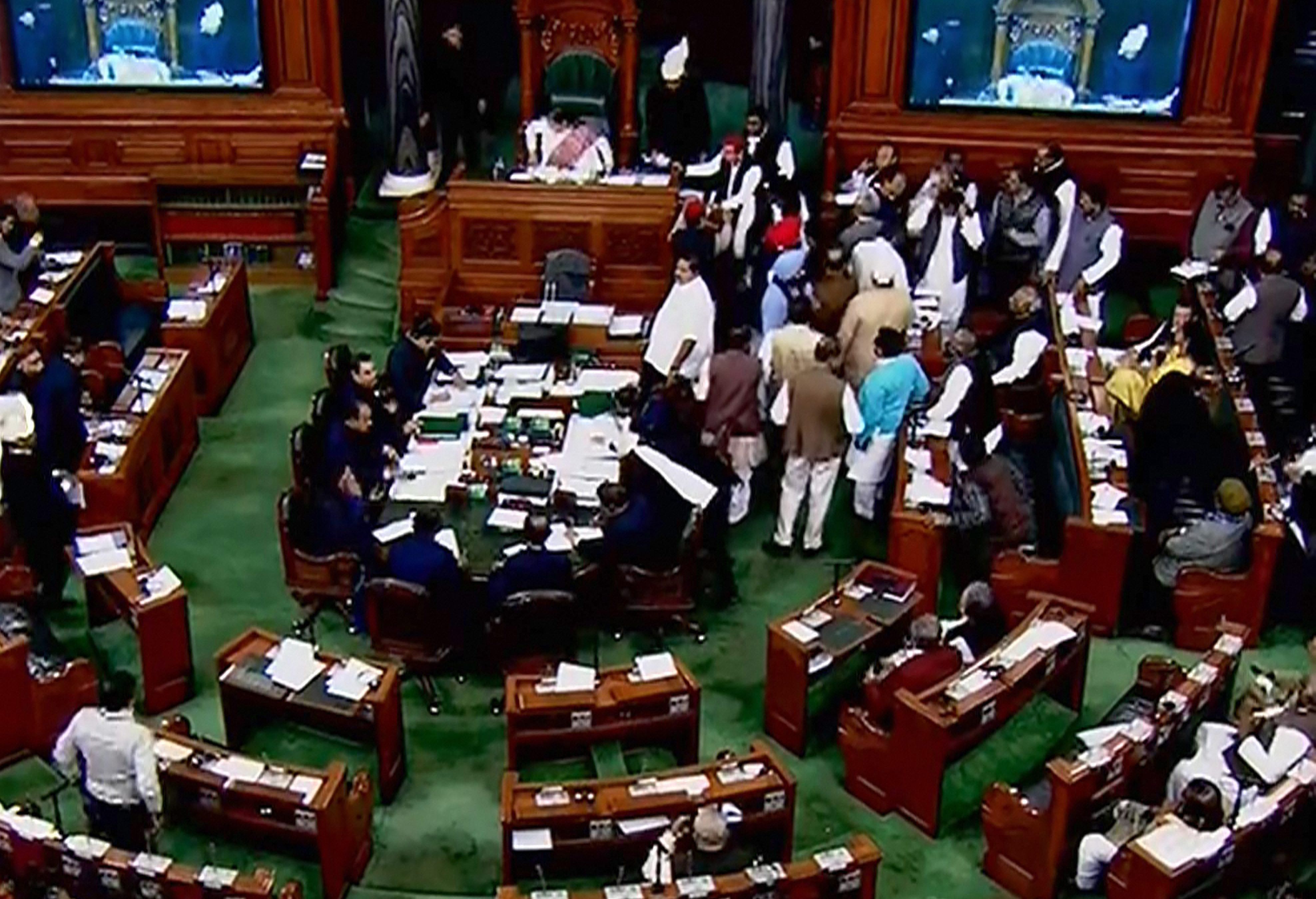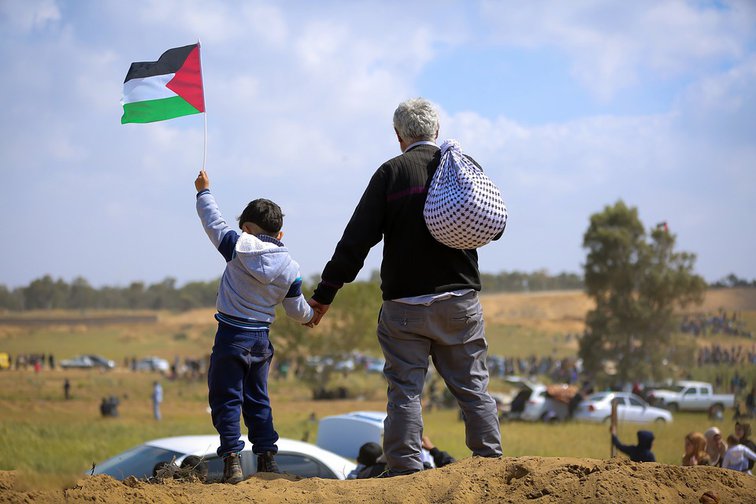After the great poet Muhammad Iqbal’s poem “Lab Pe Aati Hai Dua” was recited by students during the morning assembly, a video of the event went viral, leading to the arrest of the principal of a government school and a Shiksha Mitra in Bareilly, Uttar Pradesh. The Education Department has also placed Shiksha Mitra Wazeeruddi under investigation and suspended the school’s principal, Nahid Siddiqui. “Lab Pe Aati Hai Dua”, also known as “Bachche Ki Dua” (A child’s prayer), is an Urdu language dua, or prayer, in verse form authored by Muhammad Iqbal in 1902. The poem has been set to music and sung in morning school assemblies in Pakistan as well as India.
While far-right groups have been using this and similar incidents in order to demonize Iqbal for quite some time, Muhammad Iqbal has become a contentious figure in India for many more reasons. Muhammad Iqbal is also known for writing the most popular patriotic song of India “Saare Jahan se acha Hindustan humara” (Better than the entire world, is our Hindustan), which he also called “Tarana-e-Hind” (Song of India).
Also, read The Crises of Multiculturalism In Europe And The Question Of The Muslim Immigration
School Principal booked in UP
A First Information Report was filed against Siddiqui and Wazeeruddin at the Fareedpur police station in response to a complaint made by Sompal Singh Rathore, a local Vishwa Hindu Parishad (VHP) official, who claimed that a “religious prayer” was recited at the public school in an effort to convert the children. He also alleged that the principal “made” the students recite the Islamic prayer with the purpose of offending Hindu sensibilities. Police have filed the FIR against the two instructors under sections 298 (deliberate intention to wound religious sentiments) and 153(provocation with intent to cause riot) of the Indian Penal Code (IPC) after taking notice of the complaint.
The complaint was lodged by Sompal Singh Rathore, a local leader of Vishwa Hindu Parishad (VHP), an Indian right-wing Hindu organization based on Hindu nationalism. According to Rathore, students should be made to recite the Indian national anthem and “Saraswati Vandana” (a Hindu mantra for goddess Saraswati that is recited for music, knowledge, and wisdom). Instead, they were forced to chant “Mere Allah Burai Se Bachana Mujhko” (O Allah, protect me from evil) by the headmaster.
Read here, The Scope of inter-religious pluralism within Islam
Controversy over Iqbal- The Second Incident in Four Years
This is not the first time that a school head has been terminated because of a prayer. This is the second time in four years that a local VHP worker filed this type of complaint. Three years ago, in October 2019 a VHP worker alleged that the headmaster of a government primary school in the Bisalpur neighborhood of Pilibhit had forced students to recite a religious prayer that is typically recited in madrasas. As a result, the headmaster was subsequently suspended. The students also recited “Lab Pe Aati Hai Dua” by Allama Iqbal in that instance. Later, the headmaster was reinstated but moved to a different institution.
Soon after the complaint was lodged and the incident made it to the news, BJP spokespersons took to social media to support the FIR. Anyone who called out the absurdity of the complaint started to get trolled by BJP spokespersons and supporters who called these people anti-nationalists and supporters of a communal leader like Iqbal. Right-wing groups started demonizing Iqbal by calling him a bigot and father of the two-nation theory and a staunch advocate for the creation of Pakistan.
When a popular Indian journalist Rajdeep Sardesai took to his Twitter handle to express his disappointment with the incident, he was severely trolled. One BJP supporter and journalist even wrote an article dedicated to “demystifying” the myth of Iqbal’s pedestalization by the Indian left and Indian Muslims.
“While the nation and especially those advocating secularism know Iqbal only for writing ‘Sare Jaha Se Accha, Hindustan Hamara’, there’s much more to him that they conveniently sweep under the rug, which includes Tarana-e-Milli and the formation of Pakistan . . . The Islamic fundamentalist nature of Muhammad Iqbal became entirely evident as he wrote, ‘Cīn o-ʿArab hamārā, Hindūstāṉ hamārā, Muslim haiṉ ham, wat̤an hai sārā jahāṉ hamārā’ ”, the article mentioned.
Read here, Israeli Filmmaker Nadav Lapid Sparks Outrage in India after calling <em>The Kashmir Files</em> “Vulgar Propaganda”
Who is Muhammad Iqbal (1877-1938) ?
Iqbal, one of the most prominent figures in Urdu literature during the first three decades of the 20th century, transitioned from writing about subjects that were specifically Indian and reflective of pluralism and multiculturalism to using worldwide realities to arouse, stimulate, and encouraging the imagination of Indian Muslims. Through his stirring poetry, he was one of the first to teach socialism and the socialist movement to young people in India. In addition, he added contemporary philosophical ideas that he had learned about while studying in Europe and greatly expanded the range of the educated Muslim intellectual discourse while keeping it bound to their essentially Islamic roots. He advocated “socialism” cloaked in Islam in his fiery rallies against the powers of capitalism and imperialism.
Poems like “Masjide-e-Qartaba” (The Mosque at Cordoba) and “O Ghafil Afghan” (O Heedless Afghan), written by a celebrated and lauded poet like Muhammad Iqbal, fueled a rising fear that a “grave disaster” was waiting to strike the Muslims of the sub-continent. Iqbal was one of the first to notice the struggles that the Indian Muslims were experiencing on account of their religion, and to include it in his poetry. The fate of his fellow Muslims in various colonized lands seemed to foretell even worse things for Muslims in India, who were a minority in a colonized Hindu majority population.
Upon the formation of Pakistan, he was honored as its national poet, as well as earning the titles ‘Mufakkir-e-Pakistan’ (thinker of Pakistan), Hakeem-ul-Ummat (sage of the Ummah), and Shayar-e-Mashriq (poet of the east).
Also, read How Practical is the Secular Democracy of India? Curbing of Religious Freedom in Kashmir
The Vilification of Muhammad Iqbal
The most well-known of Iqbal’s many works is the timeless “Saare jahan se achcha Hindustan hamara,” which he wrote in 1904 and which became one of the songs that propelled Indian independence fighters against British authority. The right-wing groups vilifying Iqbal keep reinforcing that after writing “Tarana-e-Hind” (song of India) in 19004 he went on to write “Tarana-e-Milli” (song of the community) in 1910. They use this example to display the contradiction between the India-loving patriot that he is thought of instead of the Muslim bigot and the father of the two-nation theory that he turned out to be.
The Tarana-e-Hind and the Tarana-e-Milli show the progression from “Hindi hain hum watan hai Hindustan hamara” (We are the people of Hind and Hindustan is our homeland) to “Muslim hain hum watan hai sara jahan hamara” (We are Muslim the whole world is our homeland). However, it might be worthwhile to consider his body of work as a whole to try and understand the movement in his poetic thought. Iqbal’s history and poetic career can be split into three phases. The first one is his patriotic poetry dedicated to the Indian nation and patriotism from 1901 to 1905, after which he did philosophical poetry from 1905 to 1908, and eventually, his work and poetry focused on the Muslim community from 1908 to 1938.
Iqbal is considered to have given the vision for the creation of Pakistan, whereas Jinnah is considered to be the one who shaped this vision.
While Iqbal’s “Tarana-e-Milli” is a poem that talks about the notions of Islamic universalism, it has no offensive hints at the Hindu community. Therefore, using this poem to call Iqbal a Muslim bigot seems absolutely absurd.
Read here, The BJP Enforcing Patriotism By Instilling Fear- “Har Ghar Tiranga” Campaign in Kashmir and Other Schemes
Hindu Right Wing Group’s blind hatred for Muhammad Iqbal
Soon after his death, Iqbal (1877–1938) was denounced as the creator of the “two-nation theory,”, a follower of pan-Islamism, and a fervent supporter of the Muslim Brotherhood. After being hailed as Pakistan’s “national poet,” this criticism gained momentum in the years following the 1947 partition. However, people of India should pause and think about BJP’s hatred for the same poet who gave India “Saare Jahan Se Achha Hindustan hamara,” a song that, incidentally, is used as the marching theme by not just one but multiple military bands of different regiments of the Indian armed forces.
BJP’s and other Hindu right-wing groups’ tendencies to perceive India through a starkly black or white lens, has led the Indian people towards majoritarianism and vilifying any belief system that differs from their own. The mindless loathing for Iqbal and everything he stands for seems unsurprising and even inevitable given the intensely volatile and polarizing times we live in.
Also, read Shraddha Murder Case Revealing Indian Media’s Rooted Islamophobia



 Featured1 year ago
Featured1 year ago


 Featured2 years ago
Featured2 years ago


 Featured1 year ago
Featured1 year ago


 Featured3 years ago
Featured3 years ago


 Featured4 years ago
Featured4 years ago


 Featured2 years ago
Featured2 years ago




 Featured1 year ago
Featured1 year ago
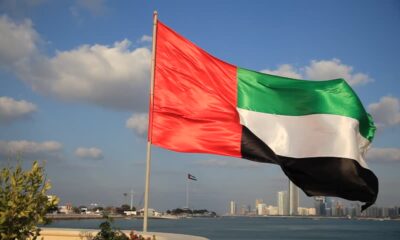

 Featured2 years ago
Featured2 years ago


